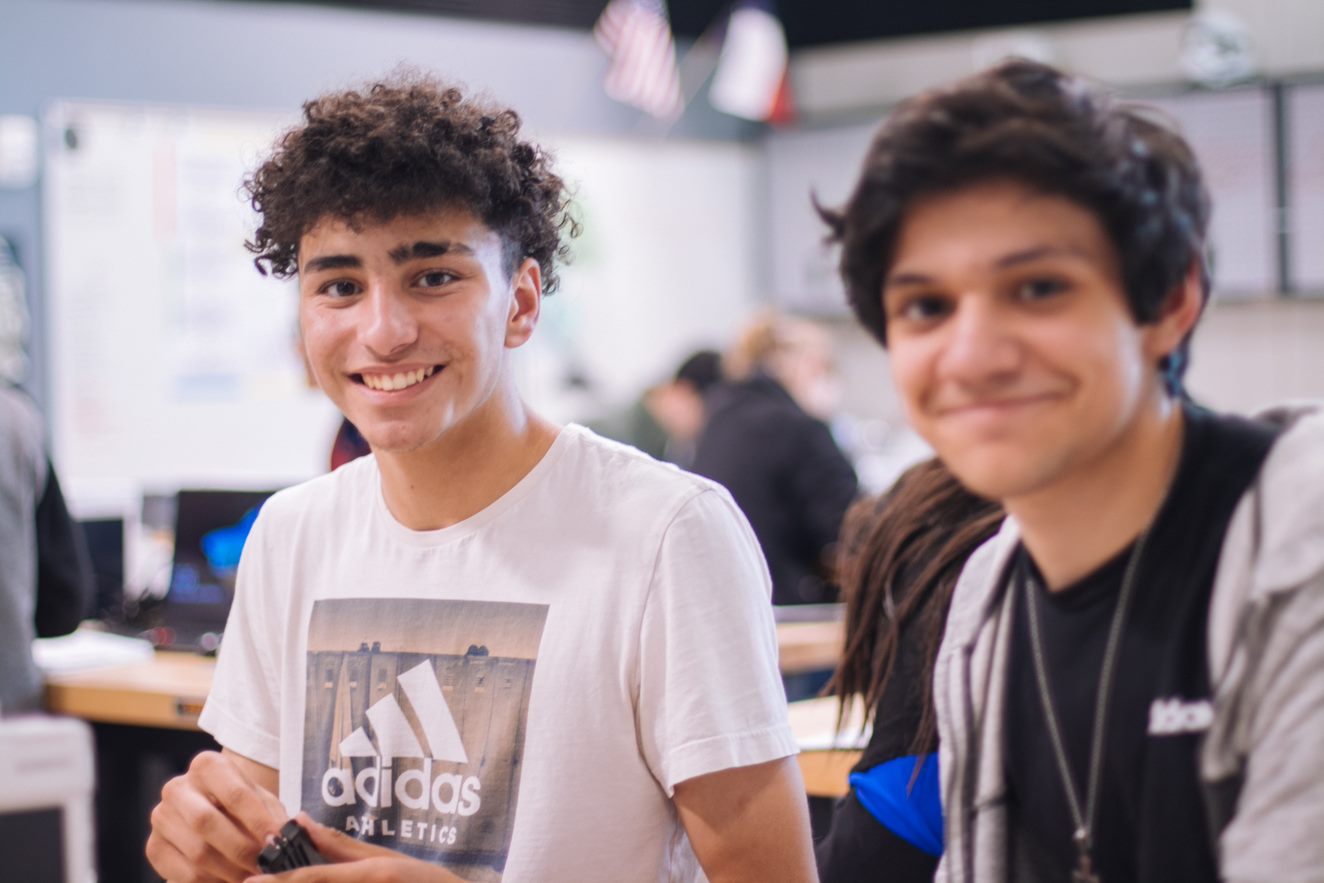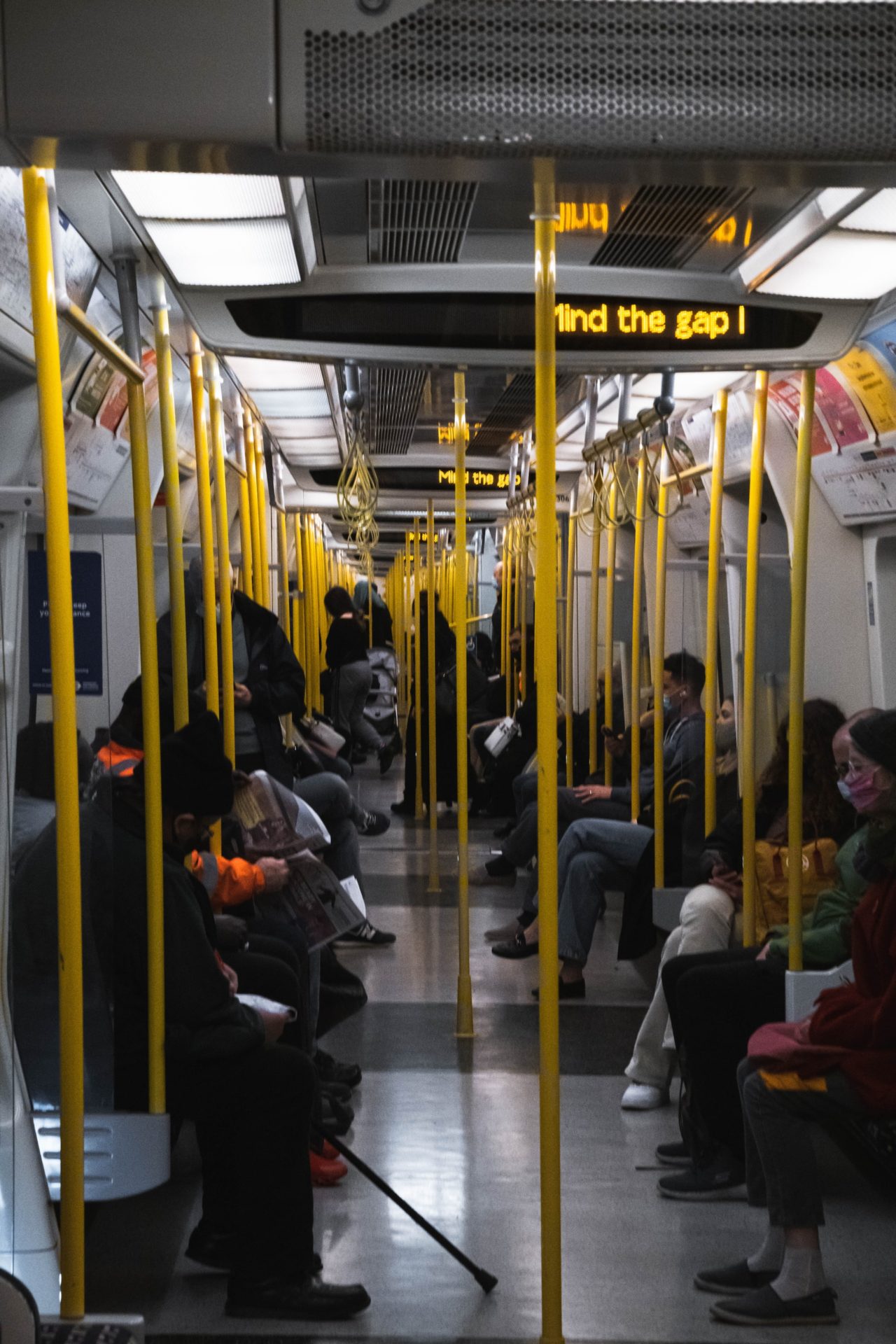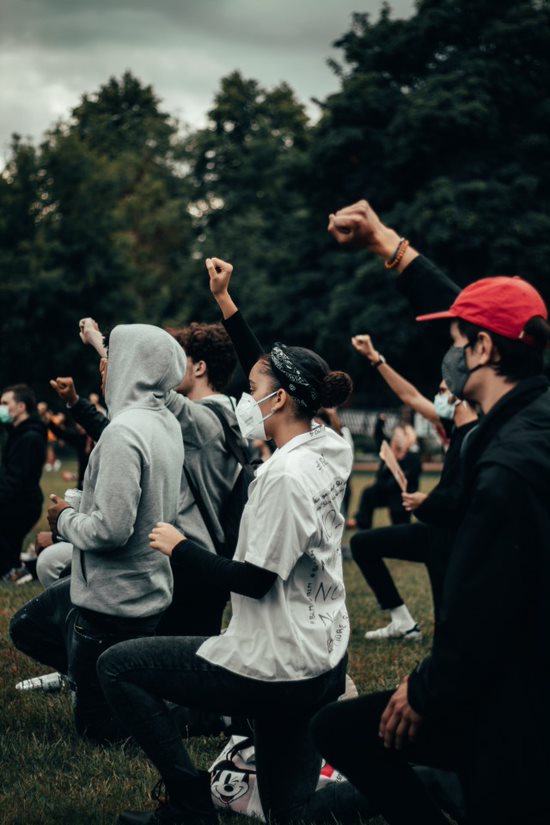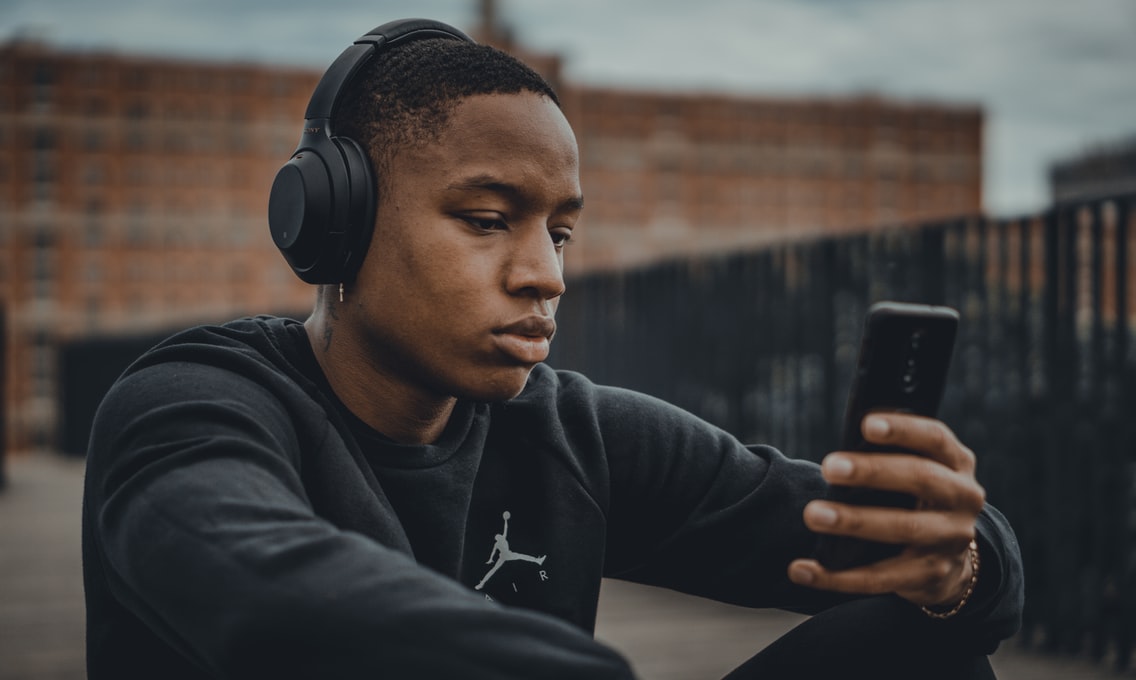“I don't think anyone can deny that racism exists institutionally”

(Photo credit: Jeswin Thomas)
To get a better understanding of how the pandemic has been for families, Co-POWeR are talking to young people (aged 12 – 18) and parents, who identify as Black or Asian or mixed Black or Asian heritage. Co-POWeR’s first discussion was with a group of year 12 students in London. This blog highlights three headlines that young people mentioned as part of conversations about the combined impact of COVID-19 and race discrimination.
1. London transport worker dies after being spat at
Jeramiah* is the son of two key workers. He talked about his experience of staying at home while his parents went to work. He was concerned about their exposure to COVID-19 but also worried about how threats to their safety would be responded to by management. This additional worry was provoked by the death of Belly Munjinja, a TFL worker who was spat at. He recalled the transport company’s reaction to Belly’s case was different to a white worker, who was also attacked but survived, whose perpetrator was tracked. It made him think that if the same thing happened to his parents, employers would not care. Reflecting on this difference, Jeramiah said;
“…that, kind of, put me in, like, a bad kind of frame of mind. Because they [my parents] would be out all the time. And I'd be at home just thinking, like, about their safety, or what could happen to them”

Young people told us about the racist incidents they had heard about, which added to their concern for family and neighbours who were key workers (Photo credit: Kyle Bushnell)
2. George Floyd murdered by police during an arrest
Jagrav explained that he is one of the few non-Africans in his friendship circle. The death of George Floyd was followed by a realisation that the same thing could happen to his friends in the UK. Although he acknowledged the UK was less violent than the US, he added;
“But institutionally, it's the same principle throughout. I don't think anyone can deny that racism exists institutionally…you just have to accept it. And so for me, it was, sort of, thinking about how am I more privileged in that sense compared to my friends. You know, I'm not white, in that, obviously I'm not. But you know, Asian people get [discriminated against] a lot but, not, I don't think to the extent in which Africans do anyways. And so for me it was definitely understanding, speaking to my friends and, sort of, gaining more knowledge. Because I don't think it's good to be ignorant in any sense.”
Overall, there was agreement that the pandemic had coincided with a collective sense of the heightened significance of race in the UK. Sometimes this had been a good thing, leading young people to feel less pre-judged in their everyday life. But at the same time, movements such as Black Lives Matter had led some young people to feel a sense of greater antagonism.

The effectiveness of ‘gesture politics’ was debated by young people in our focus group discussion (Photo credit: Alex Motoc)
3. Marcus Rashford’s free school meal campaign
On 16 June 2020, the government reversed a decision on term-time only free school meals. The change in policy was the result of Marcus Rashford’s campaign and meant families would continue to receive food vouchers over the school holidays. Anumana said this made a difference to his family;
“…my parents’ jobs just weren't there anymore. So our regular stream of income was…quite minimal. But I would say that because Marcus Rashford did allow, did influence people to get free school meals if they were below a certain income bracket, I know for me and my mother, that really helped in terms of buying food. I know that that might not be relevant to everyone but, I think financially, the changes that he [Rashford] made did significantly impact how we managed our finances in the pandemic.”
Do you have a story to tell?
We are looking for lots more people to share their experiences of how their every family life has changed since the pandemic. Please contact teresa.peres@rhul.ac.uk or anita.sharma@rhul.ac.uk if you;
- identify as Black or Asian or mixed Black or Asian heritage
- are aged between 12 – 18 years old or you are a parent
- are based in Birmingham, Leeds or London

You can help give young people and families a louder voice (Photo credit: Ilias Chebbi)
*All names have been changed from the original
Blog post by Dr Teresa Perez
